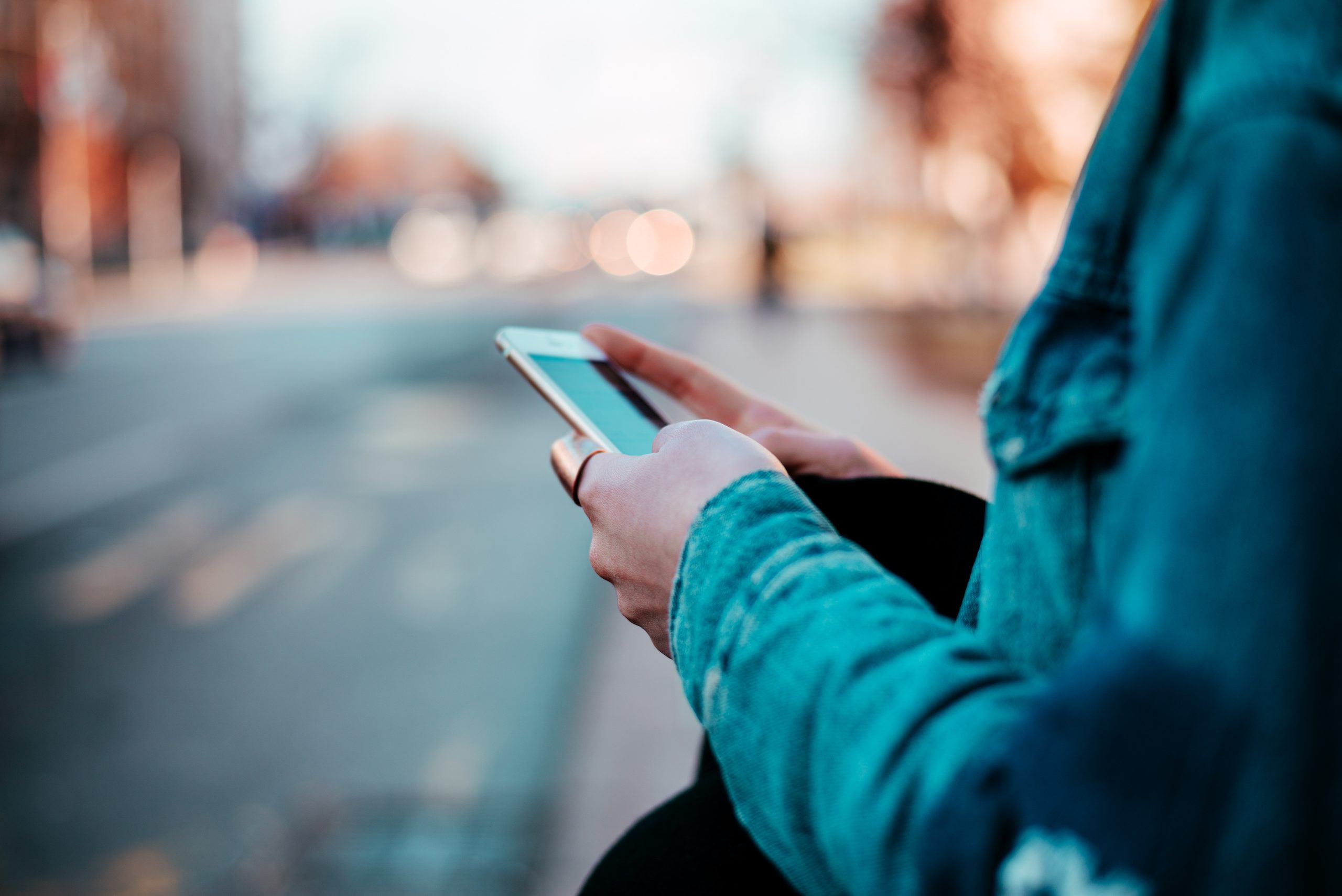
What’s the first thing you do when you wake up in the morning? If you are like most of us, sometime between that first yawn and a few lazy blinks, you reach for your phone. Off the bat, it might shape the tone of your day. Maybe it is an late night email from a colleague creating more work or another hard to stomach news headline. Or maybe something more positive. A text from a friend you haven’t heard from in awhile, or a sweet comment on your social media post
Instead of checking in with your body, or reflecting quietly, your phone is the boss of your mood and your day so far. Sound familiar? Us too.
Chances are, throughout your day, your phone continues to occupy a central place. It dictates where you go and when and infiltrates even your most private moments. Even at traffic lights, you gaze at it for new information.
Smartphones – and the wonders of information and distraction they contain – are powerful tools that were supposed to make our lives better. In theory, having the world at your fingertips and the ability to instantly connect with people everywhere is helpful. Yet, more and more research is uncovering that our overreliance on our gadgets may be harming us.
In fact, many suggest that a host of modern problems – including the epidemic of loneliness, declining ability to concentrate, and overarching depression and anxiety might all be by-products of our increasingly wired lives.
Anna Lembke, a psychiatrist and an addiction specialist at Stanford, puts it succinctly: “Just about all of us have a digital drug of choice, and it probably involves using a smartphone—the equivalent of the hypodermic needle for a wired generation.”
Although this comes as no surprise to most of us, the data bears out her claim. And the data is dismal: the average smartphone user rarely goes two hours without using her device, unlocks her device 50 or more times a day, and swipes or taps on it as many as 2,617 times in the process. Young people are worse- affected: A 2018 Pew Research Center report found that 44 percent of teens said they often check their devices for messages or notifications as soon as they wake up, 54 percent said they spend too much time on their phones, and 42 percent feel anxiety when they do not have it.
Anecdotally, those who have braved the wilderness of tech detoxes shout glad tidings. They report feeling calmer, more present, and even sleeping better. So if you are ready to loosen your grip on the tiny tyrant in your pocket in a bid for a better quality of life, here’s how:
Mindfulness
It turns out, a lot of overreliance on our phones is attributed to mindless scrolling. We have seemingly lost our ability to remain comfortably undistracted for even 15-second intervals. But who hasn’t pulled out their phone while waiting in the checkout line? We no longer seem able to stare into space or take in our surroundings without reaching for that tantalizing boredom-buster in our pockets.
But it doesn’t quite work, does it? We remain a bit bored, but also a little less present and connected with our surroundings and the people in them. Unfortunately, this tool that was supposed to increase our connectivity often does the opposite.
Experts counter that a useful antidote to this mindless scrolling is mindful scrolling. That means being super intentional about your phone use for periods of time. Set aside a few minutes to check your notifications, your inbox, and your social media and practice being fully be present. Then, when done – phone away.
Silence Notifications
A big part of the buzz you get from your phone is well, the buzz. Notifications deliver a dopamine hit of excitement – as if that particular notification is from the one who got away or your dream employer finally offering you that job. Usually, it is just a discount offer for a burger from Uber Eats, but our dopamine receptors have been gamed, all the same.
The answer here is obvious – turn off notifications. Silence or mute those from everyone except those most essential to you.
Set Some Boundaries
It is easy to let an hour pass scrolling on your phone without even realizing it. Usually, it is an hour that you could have spent doing something much more energizing, like taking a walk, or having some real face time with someone you care about.
Thankfully, the tech gods have taken mercy on us and installed some useful features, like time limits on apps that we are prone to abuse. Set it and forget it.
Put it Away
Here is some discouraging news: researchers have discovered that even having a phone within sight is enough to distract and deteriorate the quality of our conversations.
Many have found relief from the siren call by keeping their phones in another room, hiding them in the trunk, or keeping them out of the bedroom at night. Do something radical and try leaving it behind occasionally when you go out. Chances are, in an actual emergency, there will be 10,000 phones within reach, so that is no longer a valid excuse.
If you are ready to cut the cord and reclaim your attention, take heart – it may not be easy. But above all, we wish you luck and self-discipline in this brave new world of connection through disconnection! Unplug and rejoice, friends.
